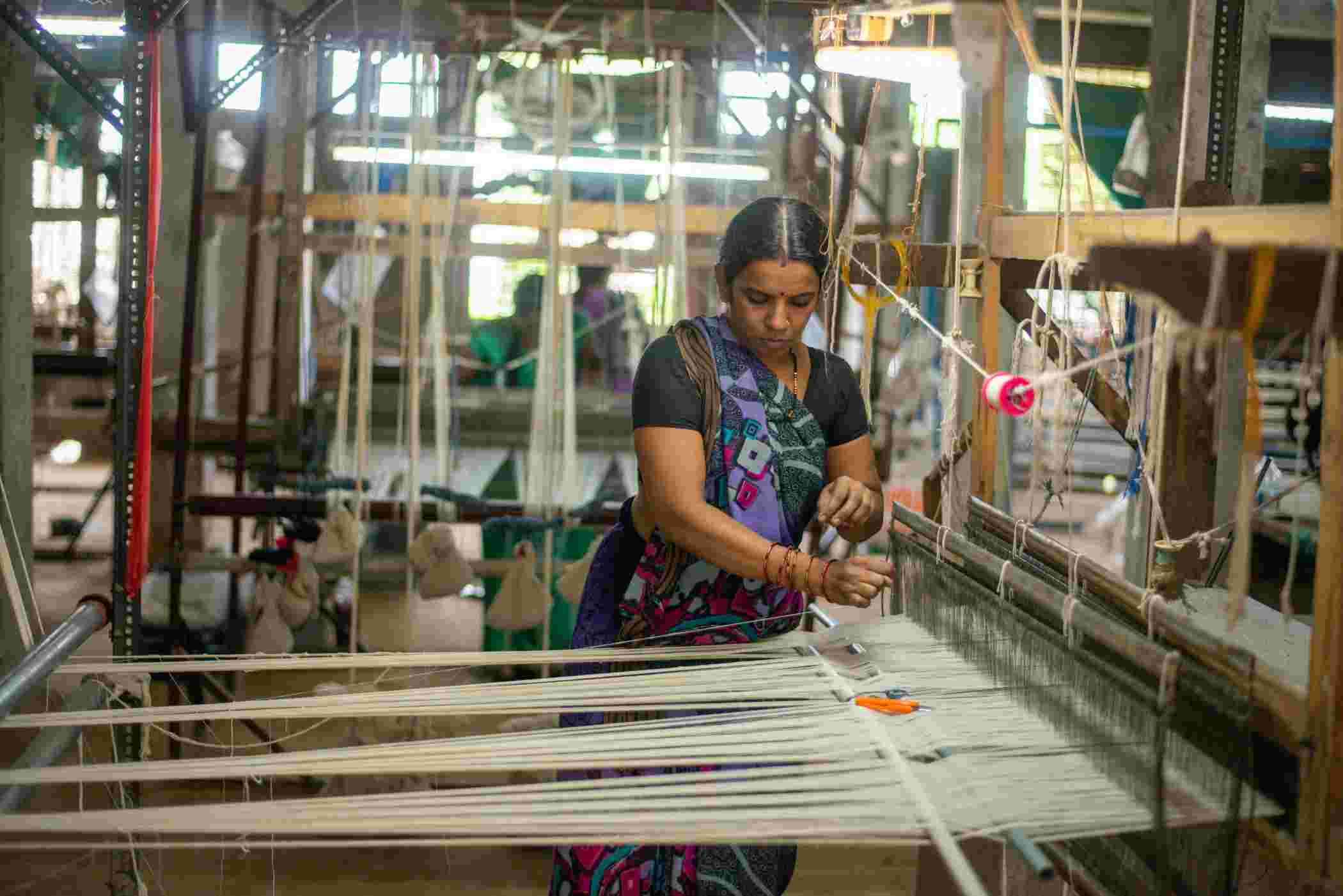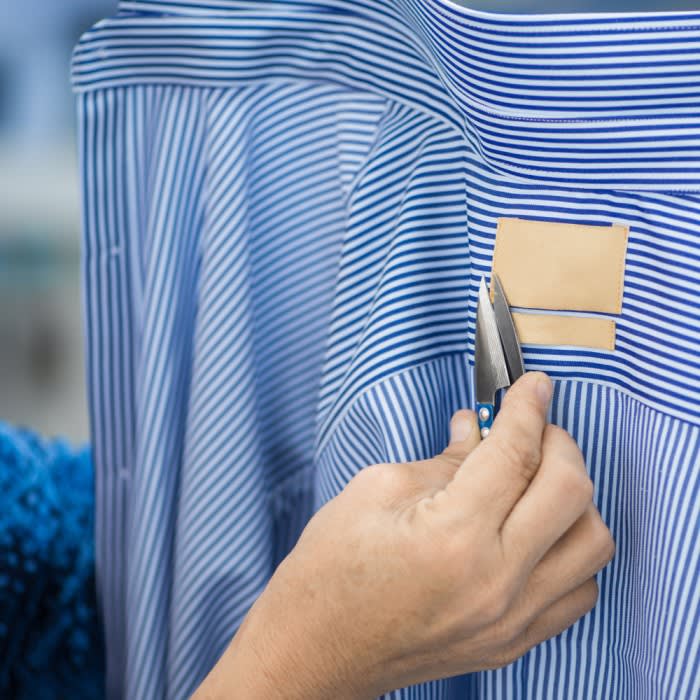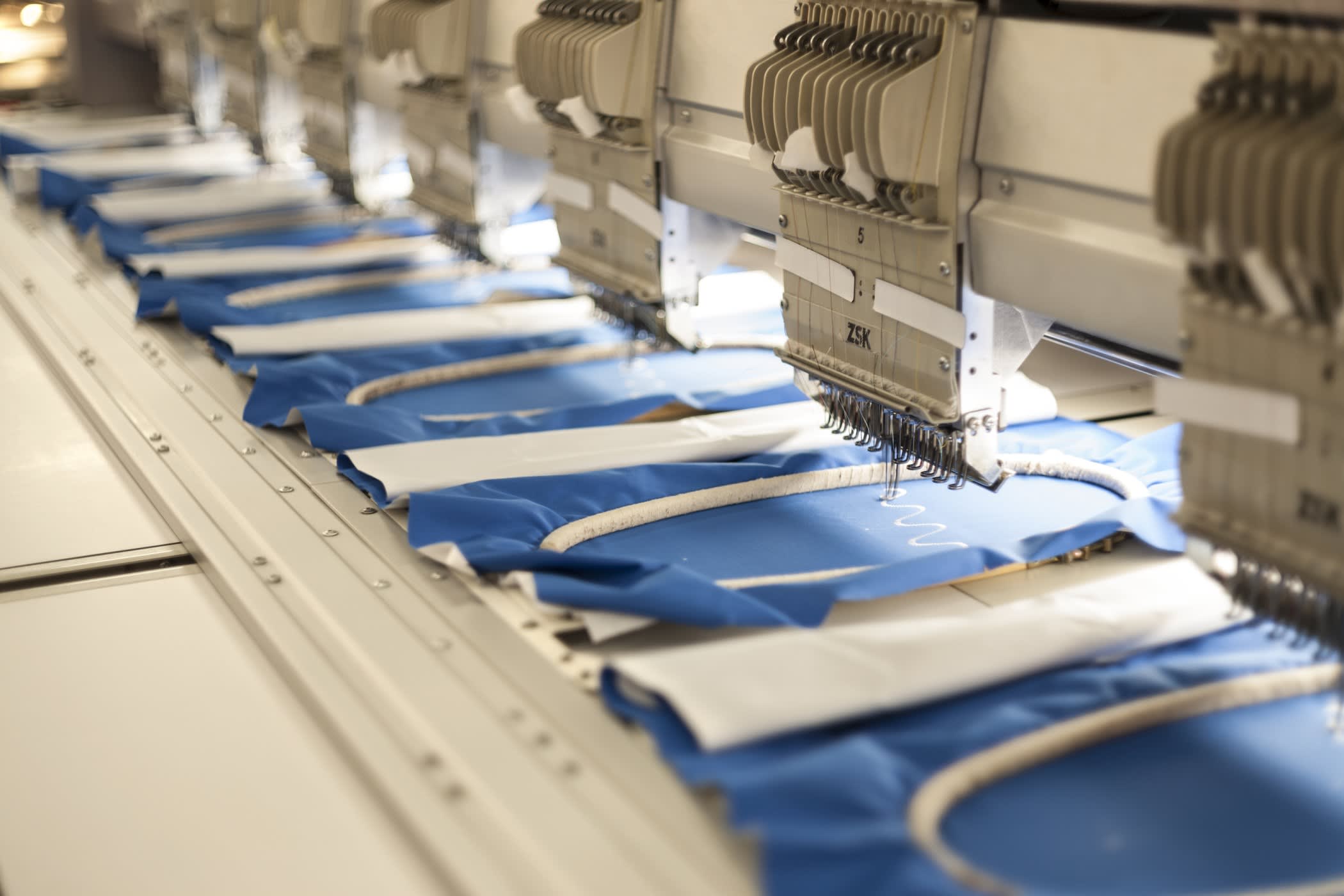How to Get in Touch with Zara Manufacturer?

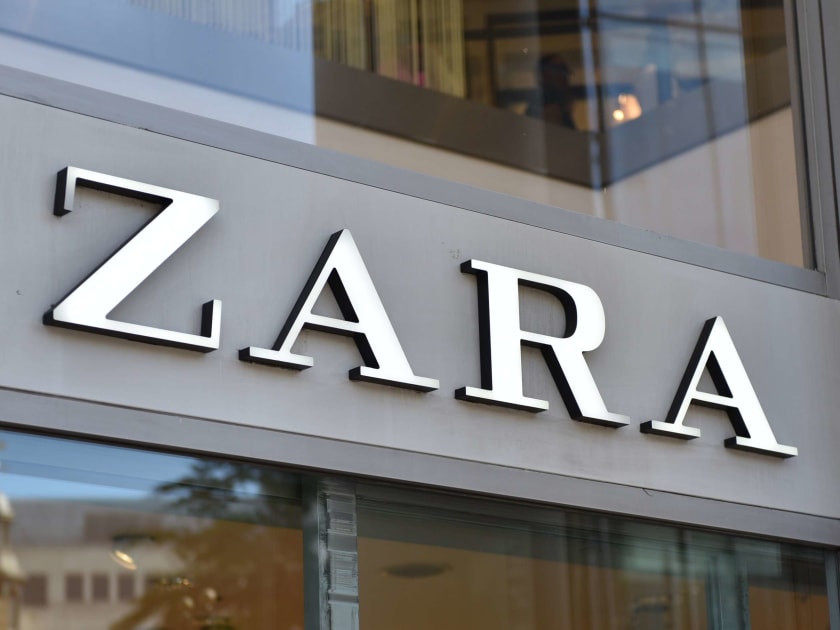

One of the most challenging aspects of running a fashion business is managing the entire supply chain. How many times have we wondered whether the fabric would be of the desired quality? Or how many sleepless nights have we spent wondering whether the manufacturer would deliver our order on time?
If it’s such a pressing concern for us, imagine the daunting task it would be for a fast-fashion brand as Zara! The fashion label apparently manufactures 11,000 distinct products every year. The achievement is credited to Zara manufacturers, without whom it wouldn’t be possible to produce such a huge volume. Let us take a look at how Zara manages this incredible feat year after year.
The Zara Supply Chain
The retailer’s biggest advantage is its supply chain that has been designed and perfected over the 30 years of its existence. With a combination of technology, planning, and investment in process engineering, Zara has been able to achieve what its competitors can only envy. And, of course, every Zara manufacturer has an important role to play in the whole process.
The biggest competitive advantage of the Zara supply chain is the fact that they source a limited variety of fabrics from suppliers from nearby regions. The designing, prototyping, and even the cutting of the fabric are done right at the heart of the Zara Headquarters. Their in-house design team conducts research on upcoming fashion trends and designs the products. A prototype is built by the in-house team and tested on in-house fashion models. Once approved, the fabric is cut in bulk using machines and the measurements for the prototype.
Only then, the cut fabric is shipped to the Zara manufacturers for assembling the final products. Once the products are ready, every Zara manufacturer sends them back to the 4 major company-owned distribution centers. Here, the items are checked for quality and then shipped to the stores as per the demand. The company is able to deliver a ready, security-tagged product anywhere in Europe within 36 hours and anywhere in the world within 48 hours!
The Fascinating World of Zara Manufacturers

While we may wonder at and appreciate the agility of Zara’s supply chain, we also need to understand its manufacturers in a bit more detail. This is an interesting case study for all of us in the industry. There are two types of products that are sold in Zara stores for each collection. Each type of product is made by a different category of Zara manufacturers.
1. Forward Fashion Products
These are the products designed by Zara’s design team to capture the upcoming fashion trends. These products are supposed to have a much shorter shelf life to give them a feeling of exclusivity. Thus, these are produced in the factories located within Zara Headquarters. No external Zara manufacturer makes these products. The proximity of the manufacturing unit and the stringent one-on-one quality check make these the flagship products in every Zara store.
2. Basics
These products are expected to have longer shelf lives and can include items like basic T-shirts. While these are also designed in the headquarters, their production is outsourced. Zara manufacturers in other countries like Bangladesh, China, and Vietnam stitch these products. The items are then shipped to distribution centers. These do not have stringent one-on-one quality checks. The quality assurance for these garments is the responsibility of the independent manufacturer. However, the company does conduct on-the-spot audits with them as well.
Thus, Zara manufacturers outside of their headquarters need to follow certain guidelines. Whether it is the stitching of the garment, quality assurance, or shipping to the company’s distribution centers on time, all the steps are followed with precision.
How to Get in Touch with Zara Manufacturer
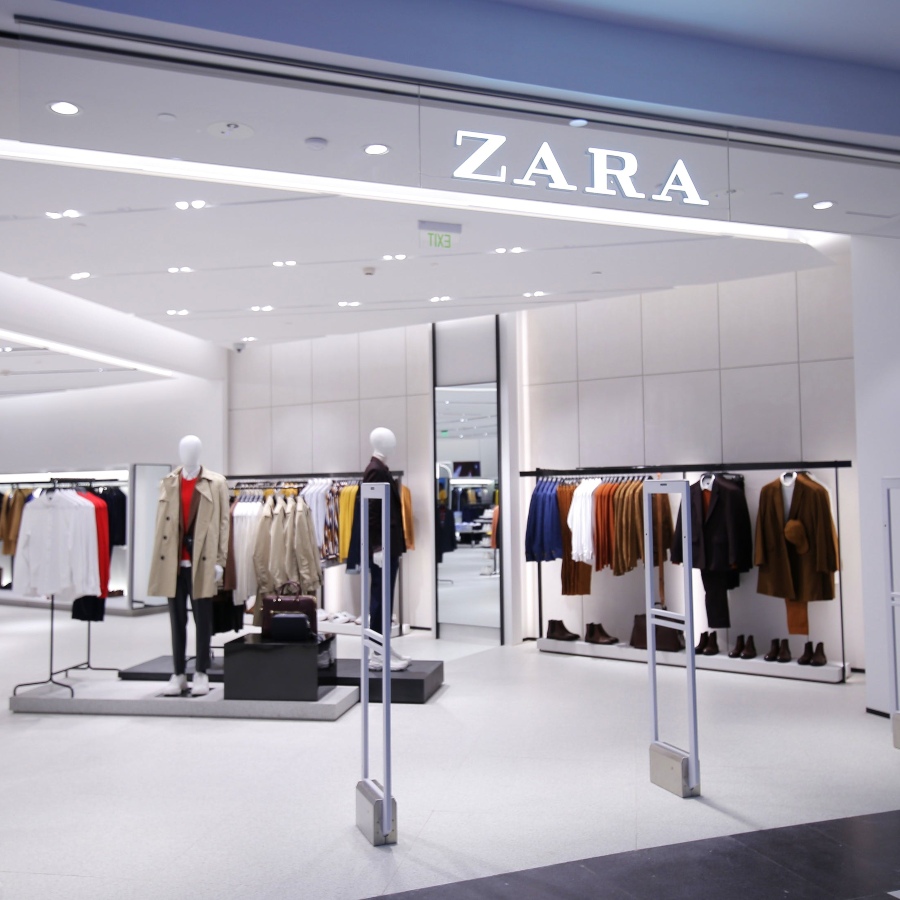
Knowing the prowess of these suppliers and their capabilities to deliver in bulk, it may be tempting for us to find out about the Zara manufacturers. After all, who wouldn’t want their orders to be handled by such experts? However, it is not easy to engage with them, as the volumes and timelines needed by Zara can tie up most manufacturers. If the manufacturer we are talking to is a Zara manufacturer, they will say so themselves.
Instead of leaving the identity of finding Zara manufacturers to the odd chance of speaking to one of them, here are some other ways we can try to find them:
- Check out the company’s website. However, the site contains only statistics about their suppliers, such as the fact that they work with 12 geographic clusters comprising a total of 4348 Zara manufacturers. But it does not contain a list of these manufacturers.
- Another reliable source of information is the various trade forums we have in the industry. These are the platforms where most manufacturers interact with brands and showcase their credentials, like being a Zara manufacturer.
- A common method of finding suppliers that we all use is verified online business directories, which are a great place to look for these manufacturers. A few simple search commands using correct keywords can give us relevant results. For example - to look for a Zara manufacturer in India, we can search “India suppliers for Zara.”
- Finding out the actual Zara manufacturers becomes easier on a platform like Fashinza, where suppliers list their services and can be found to cater to our needs. Connect with Fashinza to find expert manufacturers.















